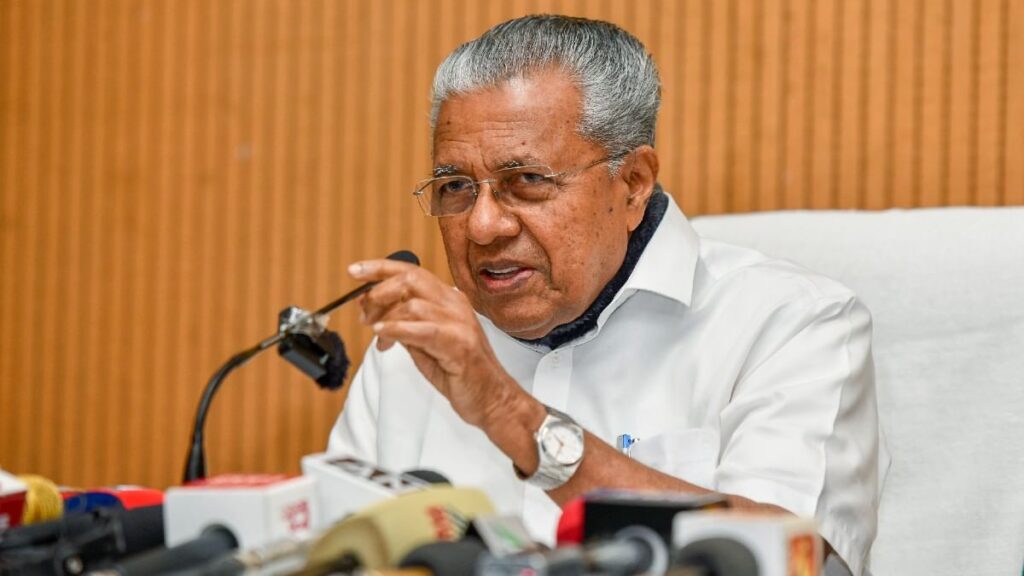Thiruvananthapuram: With crucial elections round the corner, the Kerala Legislative Assembly on Monday unanimously passed a resolution against the Special Intensive Revision (SIR) of the voter list, raising concerns over transparency and the fundamental right to vote.
Presenting the resolution, Chief Minister Pinarayi Vijayan said there is widespread concern about whether the SIR is, in effect, backdoor implementation of the National Register of Citizens (NRC).
“The politics of exclusion is visible in the voter list revision in Bihar. Unjustified removals from the voter list took place there. There is a widespread apprehension across the country that a similar process is being targeted at the national level,” he said.
Kerala’s local body elections are expected before December, shortly followed by the assembly elections early next year. The ruling LDF and opposition UDF had raised concerns over the process multiple times. Leader of Opposition V.D. Satheesan and CPIM State secretary M.V. Govindan had publicly opposed the process.
Notably, State Election Commissioner Rathan Kelkar had last week requested the Election Commission of India (ECI) to postpone SIR in Kerala until 21 December, due to logistical challenges.
CM Vijayan said that it’s impossible to implement the SIR in a hurried manner in Kerala as the state is heading for elections along with Tamil Nadu and West Bengal, especially when the constitutional validity of the practice is still under Supreme Court consideration. The chief minister also said that such a process needs time and consultations before implementation.
“Conducting it in haste raises fears that it is intended to subvert the democratic will, casting a shadow of doubt over the Election Commission,” he said, adding that Kerala underwent an intensive revision of the voter list in 2002, and conducting another revision now based on the 2002 process is unscientific.
The SIR, undertaken in Bihar in August, sparked significant controversy for excluding 65 lakh voters from the draft list, most of whom, allegedly, were Muslims. On 14 August, the Supreme Court intervened in the matter and suggested the ECI publish a searchable district-wise list of omitted voters with reasons for exclusion.
As per the Election Commission, the SIR mandated voters to provide one of 11 specific documents to verify their identity and residence, which include the Voter ID card, passport, driving licence, etc. Aadhaar, which was not initially in the list, was added after the Supreme Court’s suggestion. As per the Bihar process, the Election Commission also mandated that people born after 1987 will be included in the electoral rolls only if they produce proof of citizenship of one of their parents. For those born after 2003, documents of both parents are mandatory.
The resolution noted that the requirement for parents’ documents violates the fundamental right to vote. It added that studies and experts point out that the excluded voters belonged to marginalised groups and poor households.
“The attempt to undermine the Citizenship Amendment Act by turning citizenship into a religion-based concept raises the question of how SIR will be used. This is a challenge to democracy itself,” he said.
(Edited by Viny Mishra)

